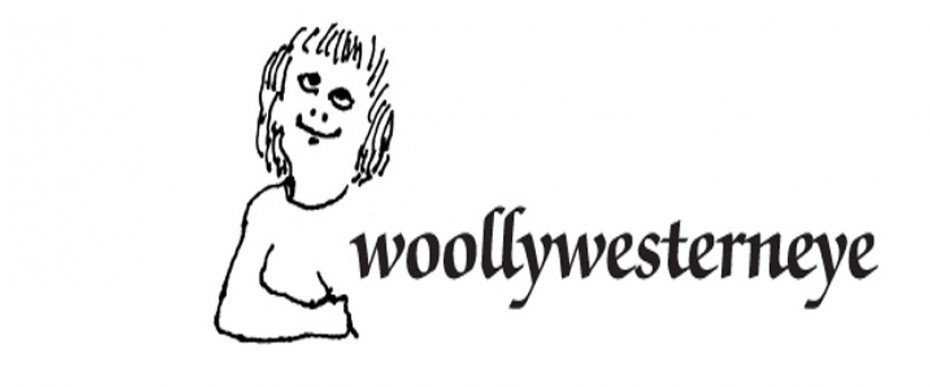Deborah Kaufman, who started Words on Dance two decades ago, invited Sarah Kaufman, the Pulitzer Prize dance critic for The Washington Post [and its second dance critic award, following the late Alan Kriegsman] to interview Edward Villella for its Monday, October 27 event at ODC’s Theatre at 17th and Shotwell, San Francisco. Villella had taught class at City Ballet School the previous Saturday and there was a reception in his honor the same weekend. The three page notes for the occasion mentioned this was Villella’s fifth appearance for Words on Dance.
Words on Dance typically shows film snippets of the artist, interspersed with the interviewer querying the interviewee. Operation Villella was no exception, and it enjoyed the added section of his 1997 Award Footage at the Kennedy Center, plus three or four separate filmed comments by Jacques d’Amboise, Robert La Fosse and Jock Soto regarding various aspects of Villella’s impact on the U.S. male ballet dancer scene, his artistry and being a member of the same company.
Nine different screenings were preceded by appropriate queries and comments. In addition to the Kennedy Center screening, the Villella solos from Balanchine’s Apollo and Tchaikovsky pas de deux demonstrated his intense kinesthetic impact, and his presence as Oberon in Midsummer Night’s Dream. Villella recounted how the great teacher Stanley Williams provided him with the gesture from which he was able to convey the kingly quality of the elusive summer spirit.
Villella, whose degree in Marine Transportation must also have provided him with some training in analysis, repeated some of the wonderful comments he shared at a lunch at the Tenth USA IBC event in Jackson, Mississippi this past June where he appeared carefully while convalescing with pneumonia. Most of these included the image Balanchine provided to him of Byzantine icons for Prodigal Son and his own realization that the ballet’s style was heavily influenced by the Russian constructive art movement of the early twentieth century. The screening for this was provided by snippets from the 2014 Joffrey Ballet production for which he supplied crucial coaching. From the looks of it, the production was far more stream-lined physically than the images I remembered from the early NYC Ballet productions [I saw Jerome Robbins n the role] and even the seasons when it was included in San Francisco Ballet’s repertoire.
Kaufman asked him about ballerinas, and Villella confined himself to two comments. He extolled Patricia McBride with whom he was frequently featured and told the story of having one dancer counting out loud wrong timing in the finale of Agon.
Perhaps the comments I enjoyed most came from Villella’s observations about Rubies, the middle section of Balanchine’s three-part work, Jewels. He said he realized that it was all about race horses, with the woman as the filly and him as the jockey, reinforced by the four men and the tall woman the other part of Rubies.
The final ballet screening featured Miami City Ballet in Villella’s 2009 production of Symphony in Three Movements. Shot from a distance, the company he directed for twenty-five years looked precision-perfect. Villella was asked during the question and answer period about his experience with Miami City Ballet; he commented on the challenges of working with a small budget with ballet supporters less than familiar with the ballet world, but clearly anxious to display that special sheen in Miami.
He said, “I looked for talent because technique could be acquired.” Those of us attending previous Jackson Competitions knew Villella would appear during Round III. More than one dancer from that final cut found themselves dancing in Miami, including dimunitive Chinese ballerina, Wu Haiyan, gold medalist in 2002 now with her own school in Portland, Oregon and Katia Carranza, a bronze medalist now with Ballet de Monterrey, Mexico. They danced as Miami City Ballet principals.
Villella’s staging of Reveries for the Ice Theater New York and his scene with
Tony Randall and Jack Klugman in The Odd Couple completed the program.
Part of a responsive audience shy of the SRO category were Helgi and Marlene Tomasson, Dennis Nahat, John Gebertz and Kristine Elliott, plus San Francisco Ballet principals Matilde Froustey and Luke Ingham..
